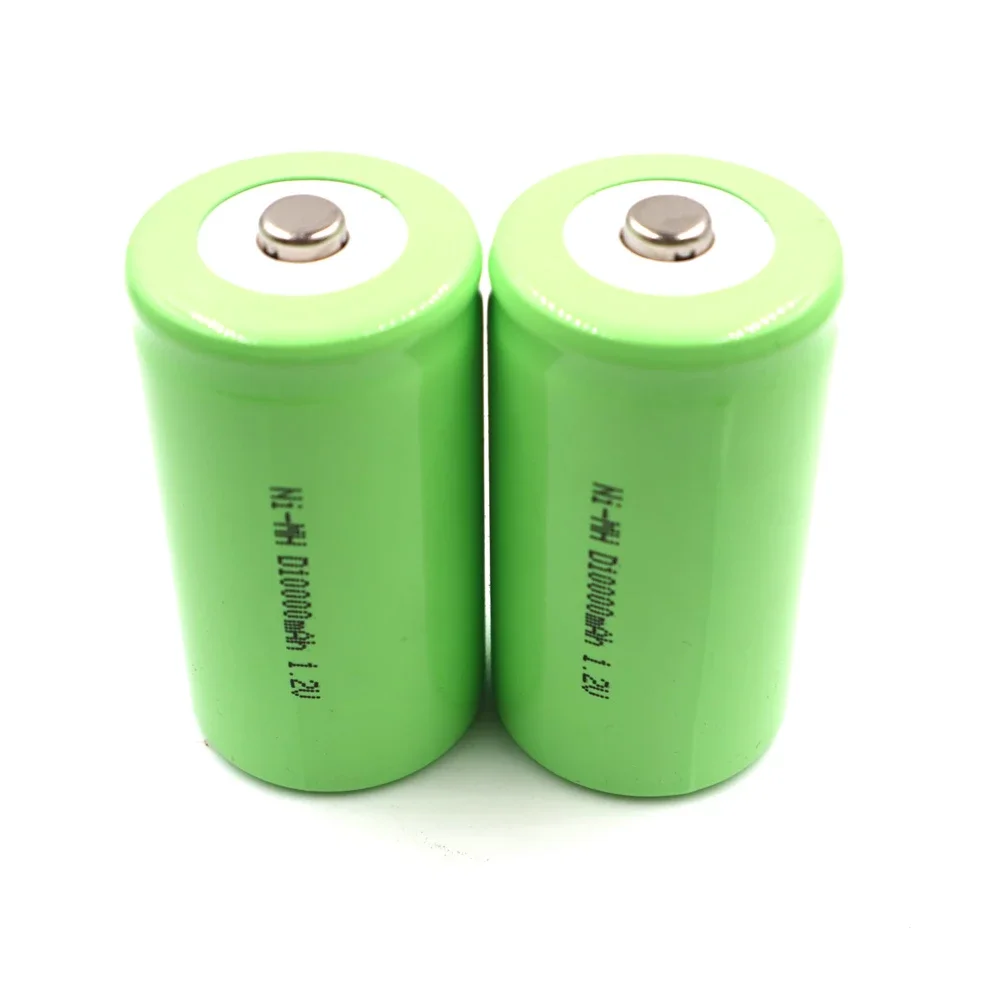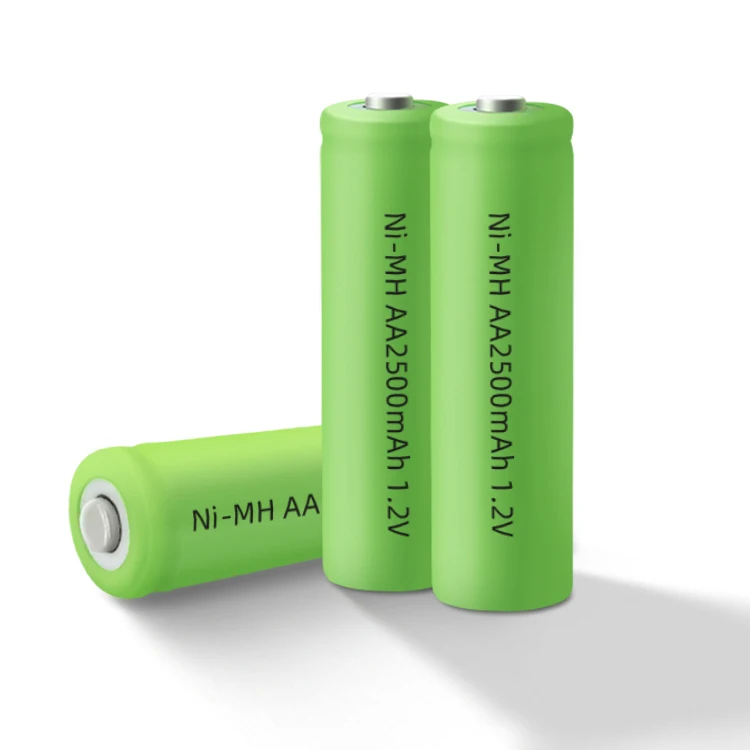Nickel-metal hydride (NiMH) batteries have gained popularity as a more environmentally friendly alternative to traditional disposable batteries. However, like any technology, they come with their own set of drawbacks. Let’s delve into some of the disadvantages of NiMH batteries:
1. Self-Discharge Rate:
One of the significant drawbacks of NiMH batteries is their relatively high self-discharge rate compared to other rechargeable batteries. Even when not in use, NiMH batteries tend to lose their charge over time. This can be problematic for devices that require infrequent use or for backup power applications, as users may find the batteries drained when needed most.
2. Memory Effect:
Although less pronounced than in older nickel-cadmium (NiCd) batteries, NiMH batteries still suffer from a memory effect to some extent. This phenomenon occurs when batteries are repeatedly recharged after being only partially discharged, causing them to “remember” the reduced capacity. Over time, this can lead to a decrease in usable capacity and overall performance.
3. Limited Lifespan:
NiMH batteries typically have a finite number of charge-discharge cycles before their performance deteriorates significantly. This limited lifespan can be a disadvantage for users who rely on their batteries for long-term use or for applications where frequent recharging is necessary.
4. Sensitivity to Overcharging:
NiMH batteries are sensitive to overcharging, which can lead to overheating, leakage, or even rupture in extreme cases. Care must be taken when charging NiMH batteries to prevent damage and ensure safety.
5. Lower Energy Density:
Compared to other rechargeable battery technologies such as lithium-ion, NiMH batteries have a lower energy density. This means they store less energy per unit volume or weight, resulting in shorter runtimes for devices powered by NiMH batteries.
While NiMH batteries offer many benefits, including being rechargeable and environmentally friendly, it’s essential to consider these disadvantages when choosing the right battery for your needs. As technology continues to advance, these drawbacks may become less significant over time, but for now, they remain important factors to keep in mind.


